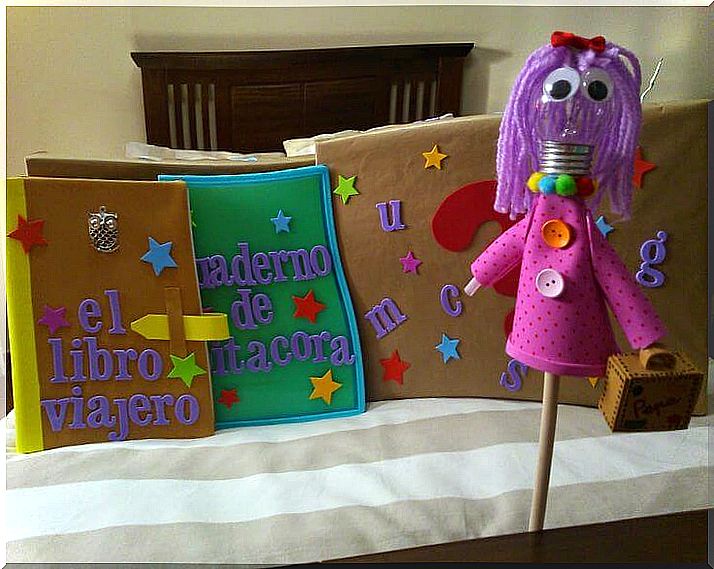Should I Emigrate To Give My Son A Better Life?

To emigrate or not to emigrate, that is the question. Well, you want to give your child a better life, but you feel seized by fear, something absolutely natural and reasonable in this case. Of course, deciding to emigrate is never easy, especially when you have young children or when you are a single mother.
Emigrating is not simply about packing your belongings in a suitcase and improvisedly embarking on the adventure of trying to be happy and give your child a better life abroad. It is really much more complicated than that.
Of course, although it is difficult to take the first step where you choose to move to an unknown place to start a new life -with all the sentimental and economic implications involved in such a decision-, the well-being and safety of your children always weigh more. Ultimately, everything you do is for them.
Consequently, you must make this decision calmly and confidently, without feeling pressured by the comments from the environment or the emotional attacks that these types of changes can cause. It is not easy to emigrate, but if you live it from the illusion and in pursuit of a better family life, it can be an enriching experience.
Emigrate: Adaptation
There are two ways to decide: from fear and from love. Of course, the best option is the second, as long as you previously evaluate fundamental aspects such as, for example, the place where it is safe to emigrate with your child where you do not know anyone or how you would solve an emergency situation with your child.
However, beyond the natural fear of the unknown, another fear prevails: loneliness. To emigrate is to find yourself at the starting point, being born again together with your child. It is not having that relative, friend or acquaintance to help you with the care or upbringing of your child.
This will not be easy at first, when you will face a stage known as “Intercultural Adaptation”, which may take more time for some than for others. It involves an initial phase of expectations and enthusiasm, another of disappointment and anxiety, and the final phase of adaptation and trust.
Mothers who decide to emigrate to give their child a better life are always advised to maintain a positive discourse with the child, in which they explain the benefits of said change and tell the characteristics of the new home, illustrating everything with photos and videos. Also, the key to a happy transition is family bonding.

The digital age in which we live allows us to face change in a better way, enabling daily contact with those who remained in the country of origin. Take advantage of the benefits of technology and stimulate your child by organizing video conferences and group chats with family and closest friends.
Points for and against
Expatriation can bring an opportunity for professional advancement, to discover new ways of living, learn a new language and begin to live a more “comfortable” life. In return, you know that separating your child from his comfort zone is complicated, but not impossible to overcome.
Many times, when emigrating, you do not have the freedom that you would like while you go through the adaptation process: you miss your people, it becomes difficult to relate and it is difficult for you to live with customs that you do not like. On these occasions, you will find other mothers in the same situation, with whom you can share your experiences.
For this reason, it is always advisable to put together a list with points for and against if you have in mind to emigrate, including economic, sentimental and social variables and always thinking about the impact of this change on the child. Put in a balance what you lose and what you gain, but evaluate the result with a lot of love.
Every mother does the impossible for the well-being of her child. This is one of the reasons why many moms choose to emigrate to countries where they have friends or family to help them solve the first issues they have to face: finding a good school, housing in a good neighborhood, etc.

Tips for emigrating
- Refine all the economic details to know how you are going to stay in that place: take into account where you are going to live and what you are going to live on.
- Check the laws of the country, as well as the social and school plans for you and your children. Scholarship programs, public health systems, etc. will influence your budget.
- Get to know the culture, climate and government of the new place, making sure that you and your child will be comfortable.
- Plan outings and excursions to get to know the new culture.
- Maintain a cheerful and enthusiastic attitude.
- Communication is essential in the family, so it is best to speak the truth to your child to facilitate the new life plan.
- The main thing is to listen to the views, feelings, objections and fears of the child.
- Explain to your child why and why to emigrate.
- Highlight the positive aspects of this necessary change for the family.
- Transmit security and confidence so that the process is not plagued by uncertainties.









